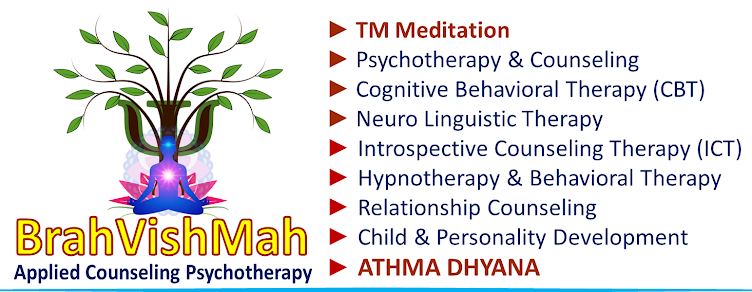Histrionic Personality Disorder is a psychological condition characterized by a pattern of extreme emotionality and attention seeking behavior that begins by early adulthood. Patients with histrionic personality disorder use their physical appearance, acting in inappropriately seductive or provocative ways, to gain the attention of others. They lack a sense of self-direction and are highly suggestible, often acting submissively to retain the attention of others. They have an overwhelming desire to be noticed, and often behave dramatically or inappropriately to get attention. The word histrionic means “dramatic or theatrical.”
Causes
1) Genes: Certain personality traits may be passed on to you by your parents through inherited genes; these traits are sometimes called your temperament.
2) Environment: Your environment involves the surroundings you grew up in, events that occurred, and relationships with family members and others.
Symptoms
- Constantly seek reassurance or approval
- Be gullible and easily influenced by others
- Be excessively sensitive to criticism or disapproval
- Have a low tolerance for frustration and be easily bored by routine, often beginning projects without finishing them or skipping from one event to another
- Not think before acting
- Make rash decisions
- Be self-centered and rarely show concern for others
- Have difficulty maintaining relationships, often seeming fake or shallow in their dealings with others
- Threaten or attempt suicide to get attention
- Dress provocatively and/or exhibit inappropriately seductive or flirtatious behavior and shift emotions rapidly
Treatment
1) Medication might be used to treat the distressing symptoms—such as depression and anxiety—that might co-occur with this disorder. Any associated depression or anxiety disorders could be treated with antidepressants
2) Psychodynamic psychotherapy, which focuses on underlying conflicts, may be tried. The therapist may start by encouraging patients to substitute speech for behavior, and thus, patients can understand themselves and communicate with others in a less dramatic way. Then, the therapist can help patients realize how their histrionic behaviors are a Mal-adaptive way to attract the attention of others and to manage their self-esteem
3) Mindfulness techniques, including yoga, tai chi, and biofeedback, may also help people with personality disorders control their inner feelings including impulsivity and emotional reactivity.




No comments:
Post a Comment